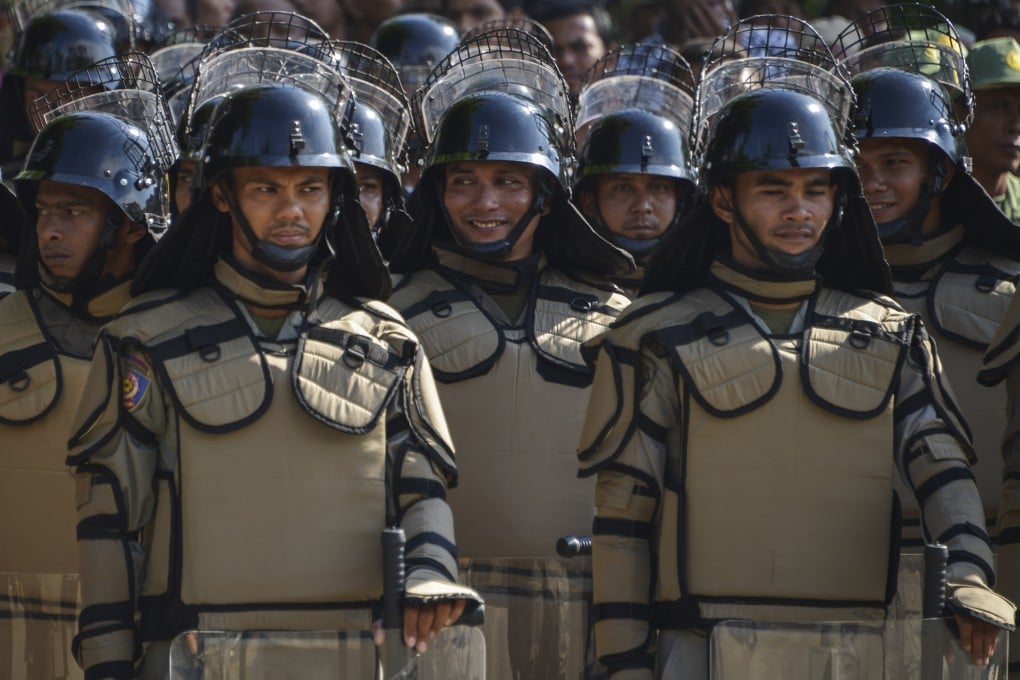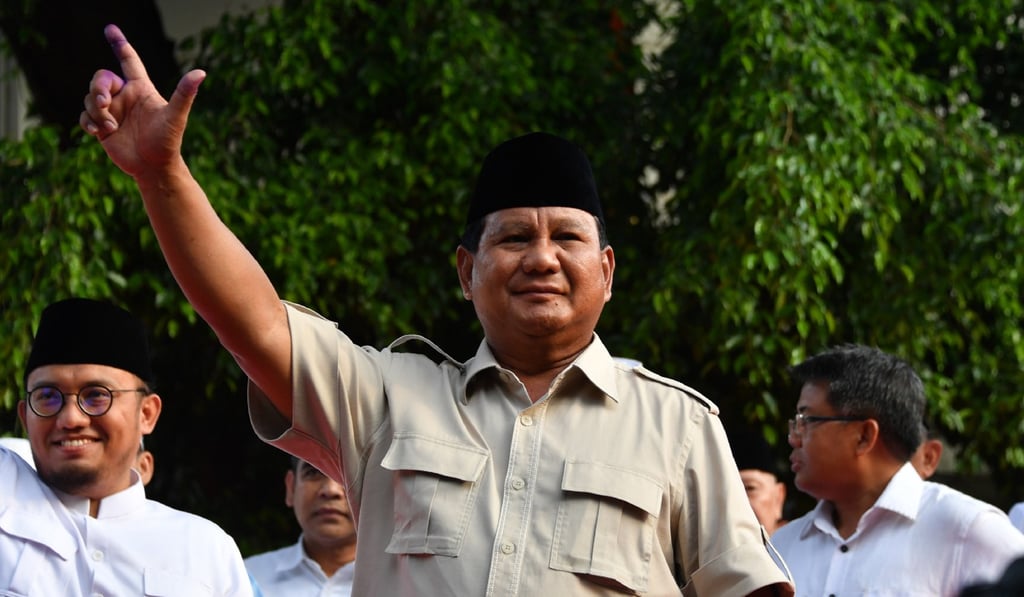Widodo thinks he won the election, as does Prabowo. Is Indonesia on the verge of a 1998-style uprising?
- Initial polls suggest Joko Widodo is set for victory, but challenger Prabowo Subianto has repeatedly insisted he won, accusing the president’s party of electoral fraud
- With support building for the opposition leader, concerns are rising about the threat of a people-power movement similar to the one against Suharto – this time with backing from extremist Islamic groups

In the past week, the spectre of Indonesia’s deadly May 1998 protests has been whispered about with alarm among the intelligentsia as the nation awaits the final count of last week’s presidential election.
Memories of that dark chapter in Indonesia have flooded back as Prabowo Subianto’s camp has become increasingly restless, with supporters insisting he won the ballot despite exit polls showing him trailing behind incumbent President Joko Widodo.
“Prabowo’s campaign team can accuse whoever of whatever,” said Adian Napitupulu, an MP from Widodo’s Indonesia Democratic Party-Struggle (PDIP), and one of many lawmakers who have dismissed the opposition’s claim. “But up until today, I don’t see them being able to prove any of those accusations or even show to the public the data that they possess.”

“Don’t give up, we won. We will save the future of Indonesians. God is always with us,” said Prabowo, who has publicly proclaimed victory three times since April 17 when votes were cast.